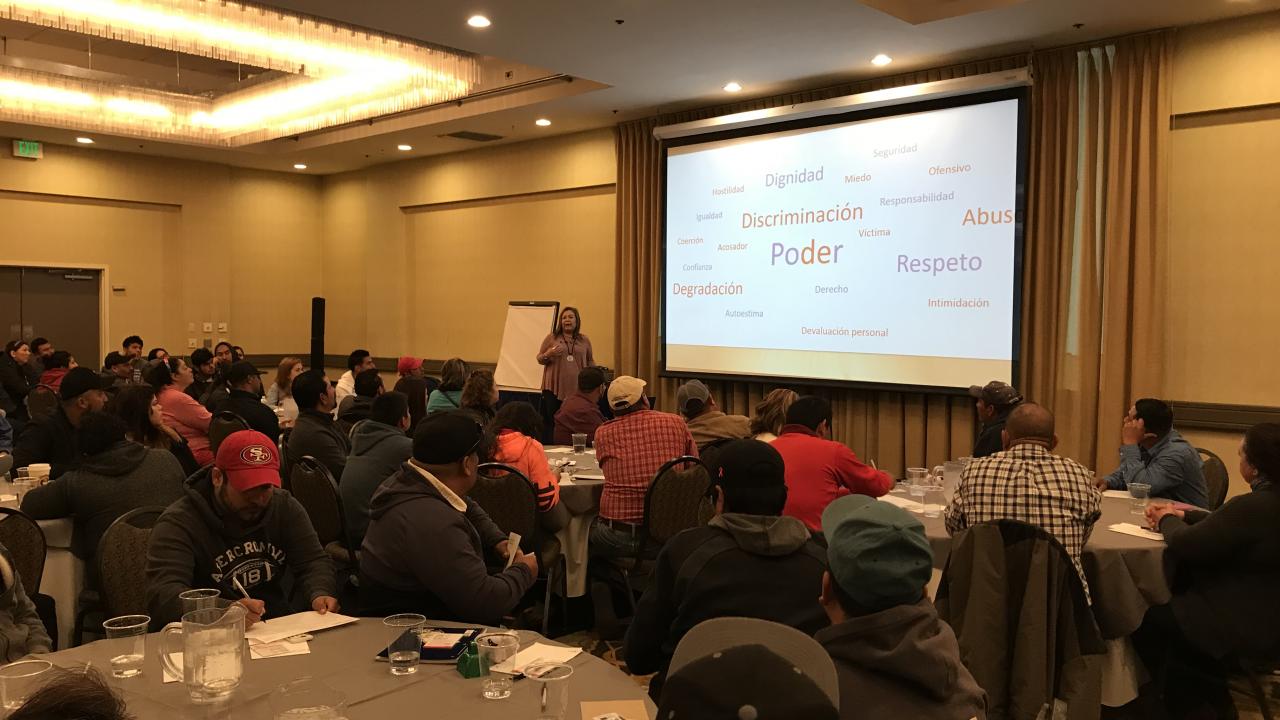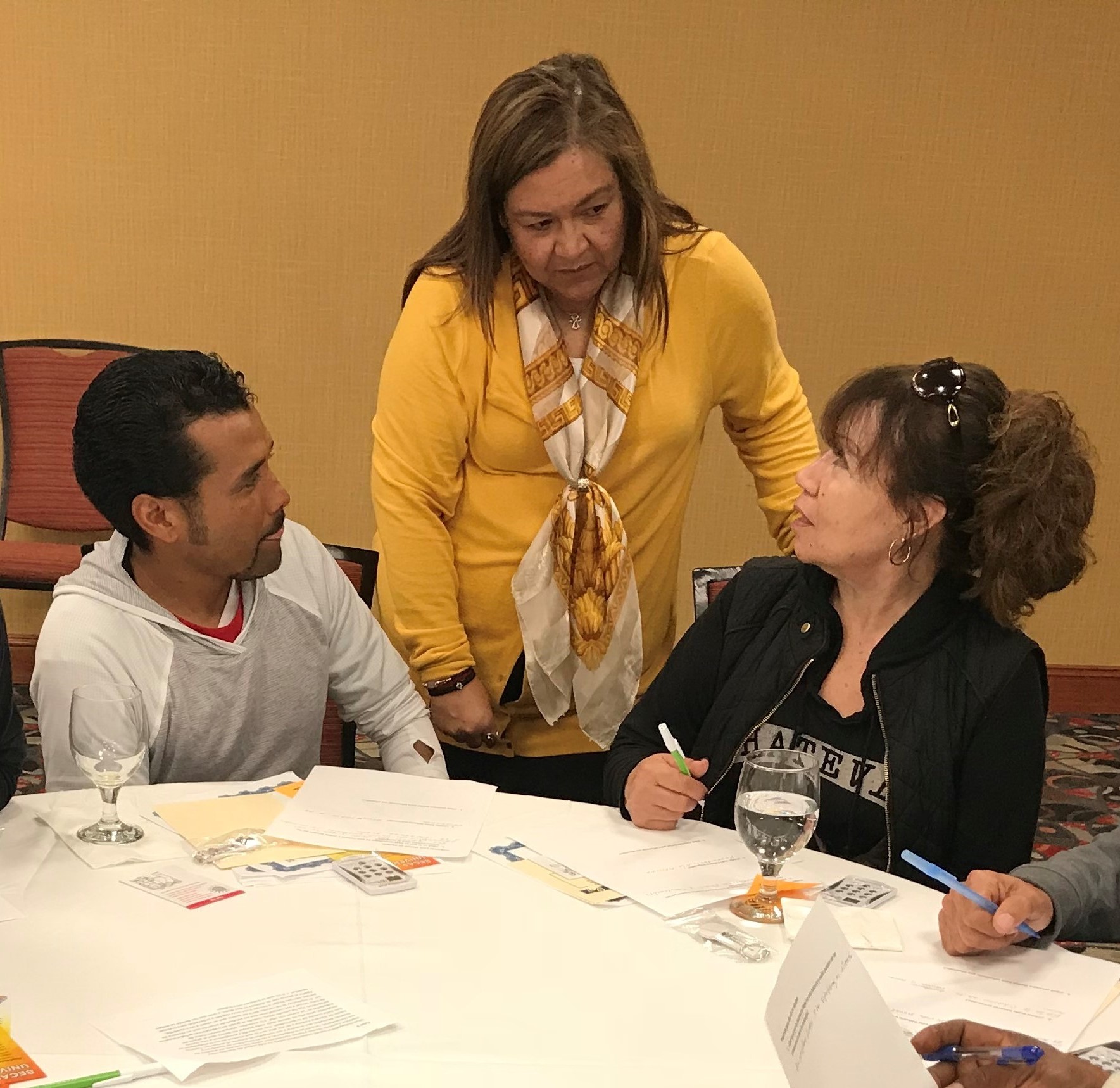
WCAHS Offers Sexual Harassment Prevention Training to Agricultural Employers
All workers should feel comfortable and safe in their workplaces. Unfortunately, sexual harassment at work is a common occurrence, and aside from the harm it can do to individuals, it can also have damaging effects on productivity and morale within the organization. This is the topic addressed by a new Sexual Harassment and Prevention training offered by WCAHS.
Sexual harassment occurs in agriculture, including in fields and orchards and on dairy farms
The agricultural workplace, which includes the fields, orchards, and dairies that feed much of the United States, is not immune from sexual harassment. The U.S. Equal Opportunity Employment Commission defines sexual harassment as unwelcome sexual advances, requests for sexual favors, and other verbal and physical conduct of a sexual nature that explicitly or implicitly affects an individual’s employment, creates an intimidating, hostile, or offensive work environment and interferes with work performance. Fortunately, sexual harassment can be prevented and addressed through workplace training and organizational practices.
WCAHS provides training to supervisors on sexual harassment in agriculture
Teresa Andrews, WCAHS’s Education and Outreach Specialist, has developed a training on sexual harassment prevention as a part of WCAHS efforts to provide practical training on key topics in agricultural safety and health around the region. WCAHS’s work addresses this issue from both a research standpoint, through its emerging issues program, with a focus on identifying the prevalence of sexual harassment in agricultural workplaces, as well as from a training perspective, where outreach staff provides training to agricultural employers on how to prevent and report sexual harassment and ensure safety in the workplace.

“The training was entertaining; in spite of what can be a difficult topic,” said one participant. “I feel that we learned a lot and reflected about what each of us can do to promote a safe workplace.”
The two-hour training is aimed at supervisors. The first series of trainings are taking place in collaboration with the California Strawberry Commission. At the start of each year, the commission offers training and education to its members to assist them in compliance with federal and state health and safety regulations.
Familiarity with sexual harassment legislation supports compliance and prevention
Under the Title VII Civil Rights Act, sexual harassment is considered a type of discrimination. It can occur when there is an imbalance in power among the participants in a workplace. As a part of the training, participants review the definitions and protections put forth in the law and engage in groups to work with case studies. The objective is for participants learn what constitutes sexual harassment, be able to identify the minimum requirements of an effective prevention program, reflect on the root causes of harassment, and discuss practical ways to prevent it and effective ways to respond in a fair and prompt manner. Participants work through ways to ensure compliance in their workplaces and are encouraged to contribute their own perspectives in identifying practices and solutions that they can implement to create an environment of safety and respect.
For the Outreach Team at WCAHS, the experience has been rewarding. “When the Strawberry Commission contacted us, we were happy to collaborate with them on this important topic,” Andrews said. “Participants have expressed that they feel comfortable working on this with us and are pleased to have our support.”
WCAHS also plans to provide the training on an ongoing basis with diverse groups around the Western Region.
